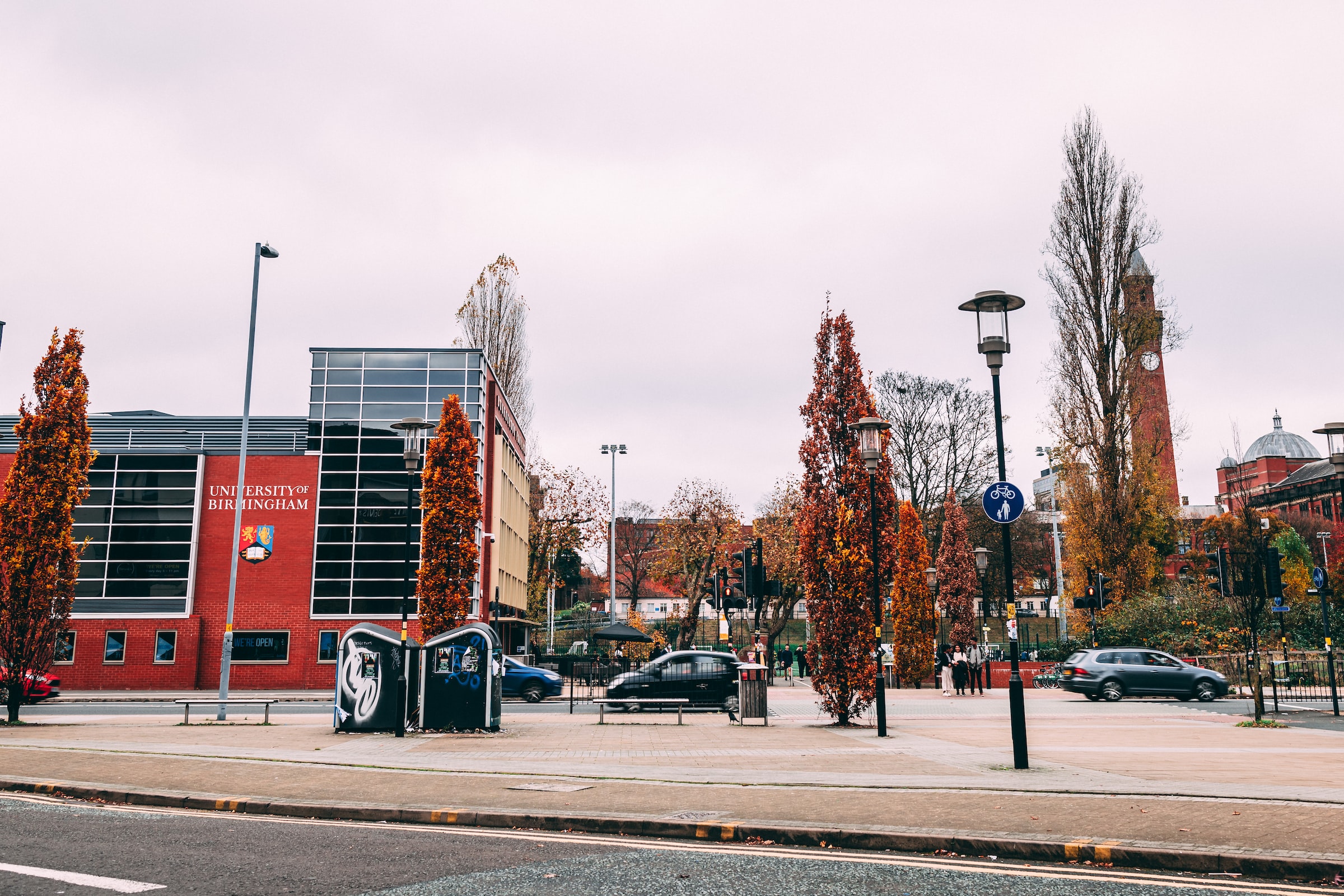
Comment Writer Laura Bull talks about how panic buying works, and why it doesn’t help anyone
Coronavirus: the topic we all can’t stop talking about. One of its effects is shoppers panic buying products. Social media has been full of reports of empty supermarket shelves. There have been dramatic scenes of the panic buying, most notably the two women in Australia fighting over toilet paper. I myself visited the Sainsbury’s in the Selly Oak Shopping Park and along with a lack of soap and hand sanitiser was a shortage of toilet paper, paracetamol, pasta and rice. The UK government has told British people not to panic buy as a result of the coronavirus outbreak, but many are not heeding this. Prime Minister Boris Johnson said: ‘I am confident we have fantastic supply chains. It is very important that everybody should behave responsibly and think about others.’
Psychologists have branded panic buying irrational. They have said that in times of crisis, particularly with public health situations where the length of time and strength of the disease is unknown, people panic and buy more than they need as it is the only area that they can control. Toilet paper is one of the items that people have been panic buying in some countries including the UK, with some people questioning why. Hand sanitiser is a more obvious candidate, it is usually an infrequent purchase, and combatting the coronavirus requires a step-up in its usage, so it is logical that demand will outstrip normal supply. But why toilet roll? Because it has a long shelf life and it is a large item which people are drawn to in times of crisis. Psychologically people think the larger an item is, the more importance it has. It also means that shops appear emptier than they are, as these larger items are some of the first to go.
“The larger an item is, the more importance it has
This response is likely a result of shoppers believing the risk to them is higher than it is. As so little is known about coronavirus, this is how people react. This has only been escalated with the constant news coverage of coronavirus which makes the situation seem worse than it is. Psychologists have reported that people usually begin to think more rationally after a month, so we are likely to see less panic buying after the next few weeks.
People very much follow herd behaviour, meaning once some people start panic buying others will follow very easily. People are also reacting to the fear that others will panic buy resulting in a lack of products, so they in turn panic buy to ensure they have the products. This is creating a seemingly never-ending cycle. People think that products will run out, so they buy more than they need. This can become an acute problem when the people who actually need the products, particularly medicines, find they cannot buy them anymore.
Kantar, market analysts on consumer behaviour, have reported that sales for hand-sanitising products were up 255% in February from January. A survey from Retail Economics has suggested that as many as 1 in 10 UK consumers are stockpiling.
“1 in 10 UK consumers are stockpiling
As a result of panic buying, supermarkets have begun to ration food online and in-stores as there are concerns over shortages. Tesco was the first UK supermarket to introduce food rationing. They have announced that customers are limited to 5 items on products such as dried pasta, long-life milk, antibacterial wipes, gels and sprays and baked beans in some stores. Asda and Boots have restricted hand sanitisers to 2 per customer. Supermarkets have not been able to cope with the increase in the demand for these products. They have said they are in talks with their suppliers to try and ensure that the increased demand will be met. This will likely mean over the next few weeks shelves will be restocked. Delivery slots for online supermarket orders are also becoming fewer as more people panic buy online. The Competition and Markets Authority have announced that they are monitoring pricing to ensure that supermarkets do not exploit consumers during the coronavirus outbreak. However, a quick search on Amazon for hand sanitiser reveals that some unscrupulous, or opportunistic depending on your point of view, traders have already ramped up prices by up to factor of ten or even more!
With the number of coronavirus cases increasing, panic buying has become worse as this is an area people can control. This shortage of products is most likely a short-term effect of the coronavirus outbreak which will be improved in the next few weeks. Supply chains will react and make more products available. However, in the short term it exacerbates an already very difficult situation for others, and is an irrational and indeed selfish act so, think before you panic buy!

Comments